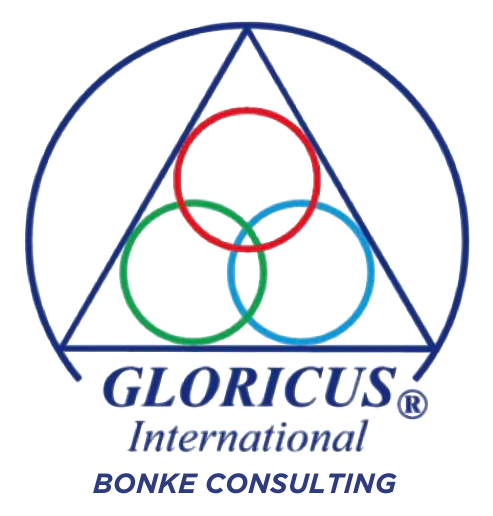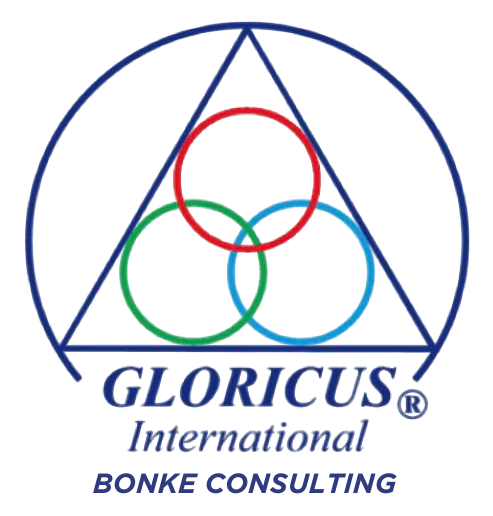Overview
Capital: Rome
Official EU language(s): Italian
EU member country: since 1 January 1958
Currency: euro. Italy has been a member of the euro area since 1 January 1999.
Schengen: Italy has been part of the Schengen area since 26 October 1997.
Figures: Geographical size – population – gross domestic product (GDP) per capita in PPS
Political system
Italy operates as a parliamentary republic with a prime minister appointed by the president, and the president serving as the head of state. The Parliament comprises two houses: the Chamber of Deputies and the Senate of the Republic. The country is divided into 20 regions, with five having special autonomous status, allowing them to legislate on certain local matters.
Trade and economy
In 2020, Italy’s economy was dominated by wholesale and retail trade, transport, accommodation, and food services (20.1%), followed by industry (19.5%), and public administration, defense, education, human health, and social work activities (17.5%).
Regarding trade, 51% of Italy’s exports are within the EU, with Germany (13%) and France (10%) being significant partners. Outside the EU, 10% of exports go to the United States and 6% to Switzerland.
In terms of imports, 58% originate from EU Member States, with Germany (16%), France (8%), and the Netherlands (6%) being major contributors. Outside the EU, 9% of imports come from China and 4% from the United States.
Italy and the EU
European Parliament
Italy is represented by 76 members in the European Parliament.
Council of the EU
Italian government representatives participate in Council meetings to adopt EU laws and coordinate policies.
Presidency of the Council of the EU
Italy has held the Presidency of the Council of the EU during various periods, including July to December 1959, July to December 1962, July to December 1965, July to December 1968, July to December 1971, July to December 1975, January to June 1980, January to June 1985, July to December 1990, January to June 1996, July to December 2003, and July to December 2014.
European Commission
Paolo Gentiloni is the Commissioner nominated by Italy to the European Commission, responsible for the economy.
European Economic & Social Committee
Italy has 24 representatives on the European Economic and Social Committee, providing consultation on proposed laws affecting work and social situations.
European Committee of the Regions
Italy has 23 representatives on the European Committee of the Regions, ensuring that regional perspectives are considered in proposed laws.
Permanent representation to the EU
Italy communicates with EU institutions through its permanent representation in Brussels, ensuring effective pursuit of the country’s interests and policies within the EU.
Budgets and Funding
Italy’s contributions to the EU budget are determined fairly based on its economic means, supporting various programs and projects across EU countries. The EU budget prioritizes the needs of Europeans as a whole.


